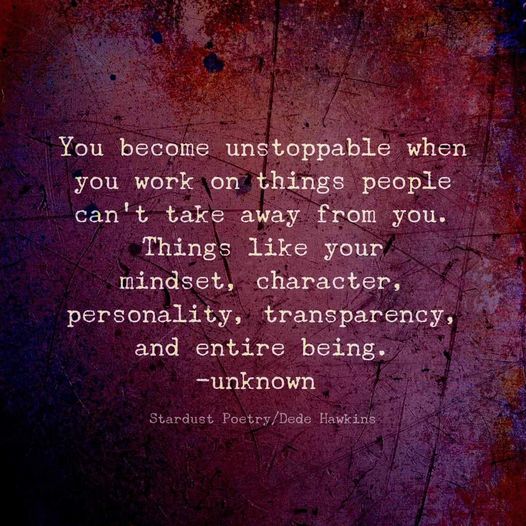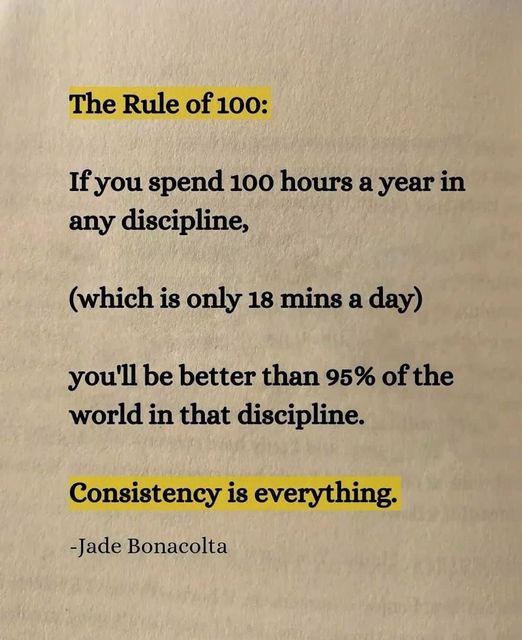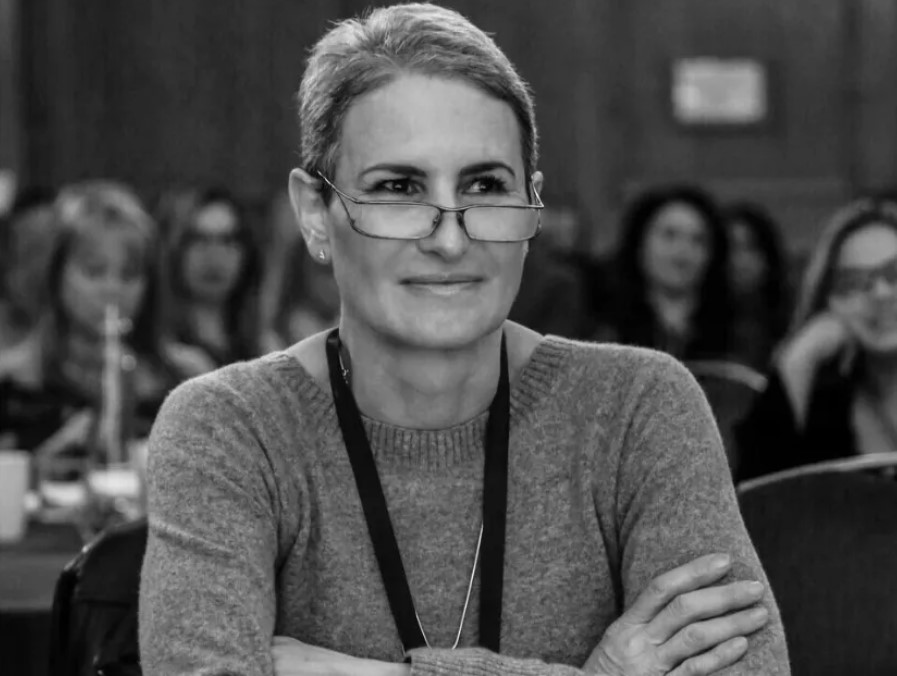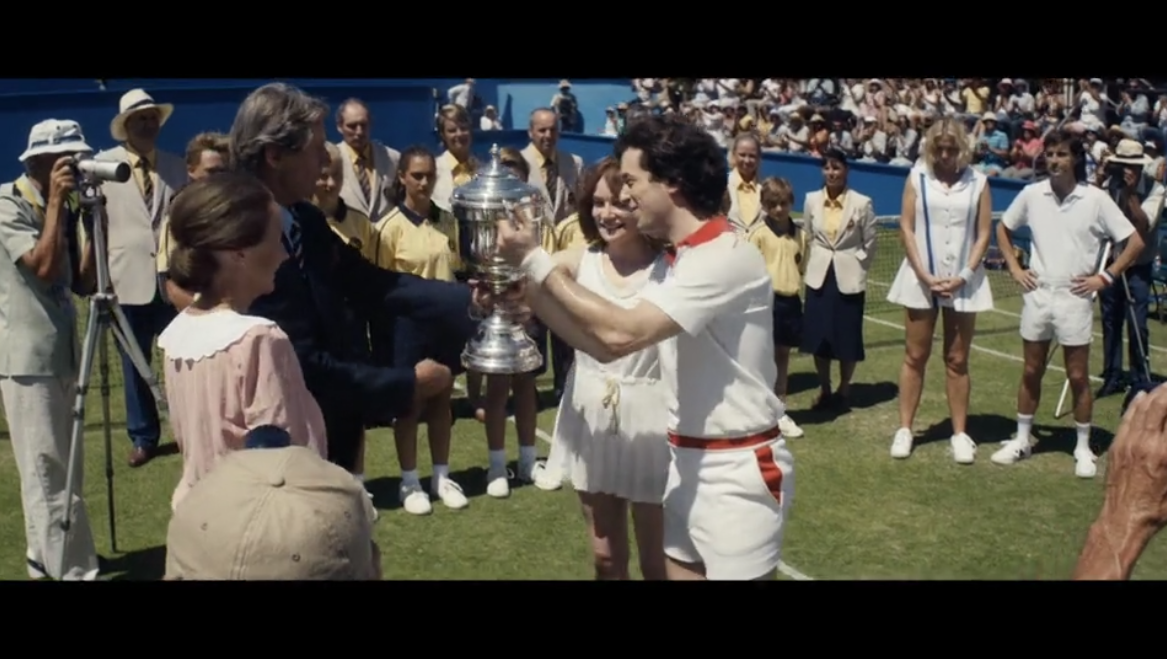
6 Japanese Concepts

It Does Not Take Much

The Wonderful Everyday
Flat Earthers , Do Not Watch This!

https://www.flixxy.com/blastoff-spacex-starship-nails-historic-chopsticks-booster-catch.htm
Some People Making the World A Better Place
Some of the best vegetables to grow in times of crisis

- During times of crisis, staple foods and plants you know will grow well are ideal; it’s not the time to be trying out experimental varieties
- Choose vegetables that can be canned, fermented or pickled so you can eat them at your leisure, or those that can be stored for months without the need for refrigeration
- Top foods to plant in troubled times include potatoes, green beans, heirloom onions, carrots, winter squash and okra
- In addition to providing you with fresh vegetables without a trip to the grocery store, gardening is a simple way to reduce stress — another important benefit during times of crisis
The Growing Threat of Censorship in Western Nations
“The greatest tyrannies are always perpetrated in the name of the noblest causes.” – Thomas Payne
“Of all tyrannies, a tyranny sincerely exercised for the good of its victims may be the most oppressive.” – C.S. Lewis
Several articles have been written about governments in Europe, the United States, Canada, Australia and New Zealand engaging in ever-increasing censorship, suppression of free speech and prevention of the free flow of factual and truthful information:
Censorship vs Freedom of Thought and Speech – The Road to Fascism and Totalitarianism (provides details about the myriad laws Western nations have enacted in recent years to conduct massive suppression of free speech)
First, Suppress Freedom of Speech – The Road to Totalitarianism
Should Freedom of Speech Be Absolute? The Slippery Slope of Censorship
These governments continue to tighten the screws on their citizens, engaging in more and stronger efforts to censor and suppress ‘unacceptable and problematic’ content, ‘disinformation’ and ‘hate speech.’
In the minds of governments, ‘unacceptable and problematic’ means any opinion or information that disagrees with ‘official’ narratives – ‘official’ as defined by governments.
‘Disinformation’ is defined by these governments as any information that exposes false narratives, corruption and/or fraudulent agendas.
‘Hate speech’ is any speech governments hate because it disagrees with their manufactured narratives and hidden agendas.
https://keihatsu.substack.com/p/the-growing-threat-of-censorship
A Roundup Article – Pierre Kory’s Medical Musings

Case against Dr. Tina Peers from the UK dropped, Florida Surgeon General recommends against mRNA vaccines.
https://pierrekorymedicalmusings.com/p/policy-shifts-against-the-mrna-platform
On Knowing The Rules Of The Game
Saying something isn’t so,
Really doesn’t make it so.
When you call the Universe wrong,
It cuts your chances of living long.
Life obeys set rules and laws,
Best you learn them and make them yours.
A criminal cannot follow orders,
Sane men keep within the borders.

